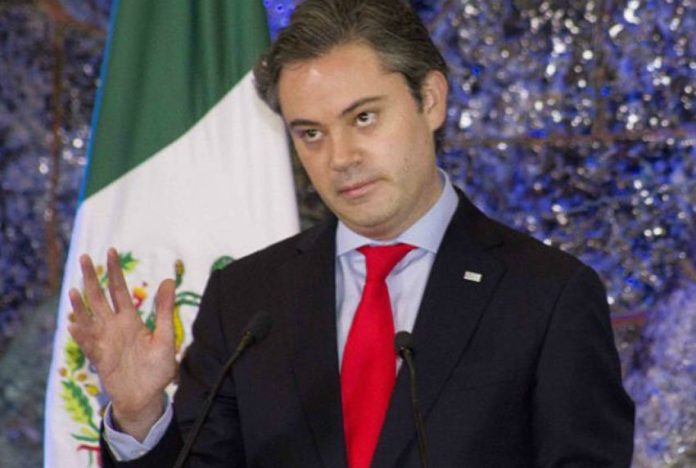The federal government’s expenditure of at least 81.5 billion pesos (US $4 billion at today’s exchange rate) to implement its landmark education reform has been called excessive and abusive by education experts.
The government paid out large sums of money on a range of programs to operate the reform and also spent big on advertising to promote it.
In addition, it gave more than 3 billion pesos to the SNTE teachers’ union to promote the 2013 reform among its members.
One of the central elements of the reform was to subject teachers to compulsory evaluations, a move that put the government at loggerheads with the dissident CNTE teachers’ union.
The aim, ostensibly, was to improve the standard of teaching in the nation’s classrooms.
But Francisco Urrutia de la Torre, a researcher at the Jesuit University of Guadalajara (ITESO), says it was a mistake to spend more on assessing teachers than on their professional training and development.
“It’s like someone who wants to lose weight spending five times more on scales than the gym. It was absurd: if you want to improve education, the most important thing is to train teachers and to take certain evaluation actions but what was done was excessive,” he said.
Rodolfo Ramírez Raymundo, a researcher at the Senate’s Belisario Domínguez Institute, described the government’s spending on the reform as “unjustified” and a “waste” of money.”
The expenditure of almost 6 billion pesos (US $294 million) on publicity was “a real abuse” of power aimed at “positioning the then-secretary of education [Aurelio Nuño] as a possible presidential candidate,” he added.
“Money thrown directly down the drain” was how another researcher, Ángel Díaz Barriga of the National Autonomous University (UNAM), described spending on advertising to promote the supposed benefits of the reform.
“To have spent so much money on publicity when the National Commission of Human Rights said that 42% of public schools don’t have sewer systems is a scandal . . .” he said.
He added that spending on some education reform programs, such as those related to teacher training, was “a great waste” because courses offered to teachers didn’t respond to their needs. He also criticized the “willy-nilly” expenditure on tablets and computers.
With president-elect López Obrador having pledged to cancel the reform as soon as he takes office, virtually the entire government outlay on implementing and promoting what was one of its signature policy initiatives could be considered money down the drain.
The educational reform will be “canceled . . . abrogated, repealed, abolished,” the incoming president said at a rally last month although he explained that there was one caveat to his promise.
“The only thing that will continue is the handling of the payroll by the federal government” to ensure that the money gets to the teachers, López Obrador explained.
Source: El Universal (sp)
